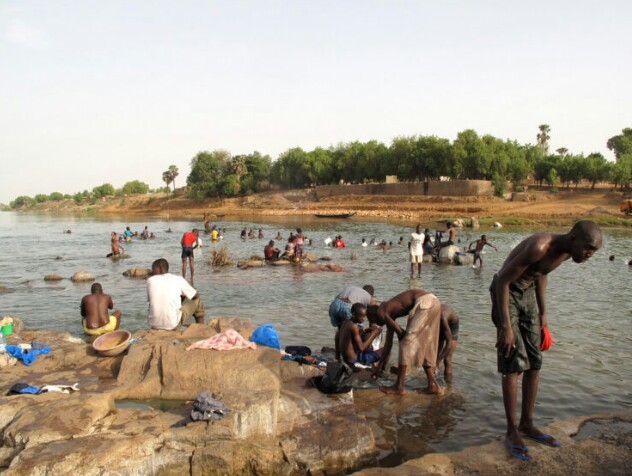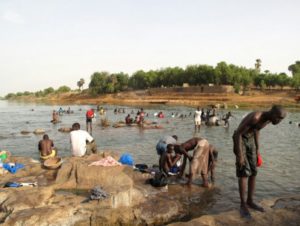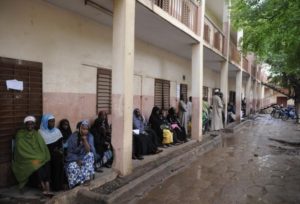Dakar, MINA – The United Nations human rights experts urge the Malian government to crack down on hereditary slavery after a series of violent attacks on people born into slavery.
“Slavery has been officially abolished since colonial Mali in 1905, but the system still exists.People are forced to work without pay for the families who enslaved their ancestors,” the UN expert group said in a statement as quoted from swissinfo.ch on Friday.
The UN expert group says law in Mali does not specifically criminalize any form of slavery, so perpetrators are rarely held accountable.
In September, a group of people considered slaves was attacked by other Malians who objected to their Independence Day celebrations.
Also Read: Sudan’s Leader Rejects Truce With RSF, Demands Rebels Lay Down Weapons First
The attacks lasted for two days, leaving one person dead and at least 12 injured. It was the eighth attack this year in the Kayes region, about 500 kilometers (310 miles) northwest of the capital Bamako.
“The fact that these attacks are so frequent in this area shows that hereditary-based slavery is still socially accepted by some influential politicians, customary leaders, law enforcement officials and judicial authorities in Mali,” the experts said.
“We have condemned this heinous practice many times before, now the Malian government must take action, starting with ending impunity for attacks on ‘slaves’,” they added.
At least 30 people have been arrested from both sides and the Malian Police have launched an investigation. Hereditary-based slavery is also practiced in neighboring Mali, such as Senegal, Burkina Faso, Niger and Mauritania. (T/RE1)
Also Read: US Secretary Pushes for Humanitarian Ceasefire in Sudan in Call with UAE Official
Mi’raj News Agency (MINA)






























 Mina Indonesia
Mina Indonesia Mina Arabic
Mina Arabic